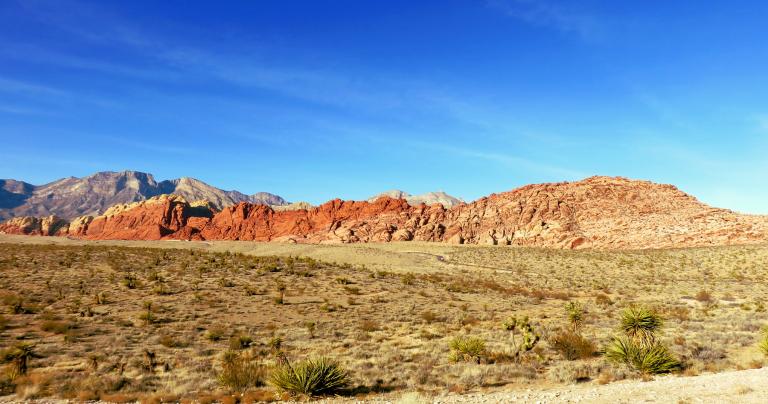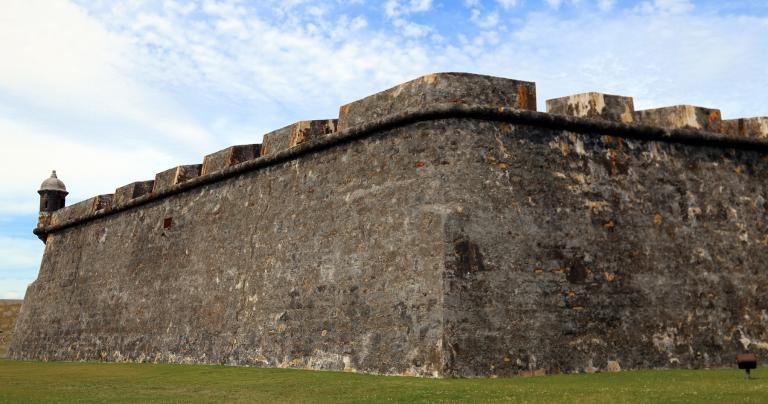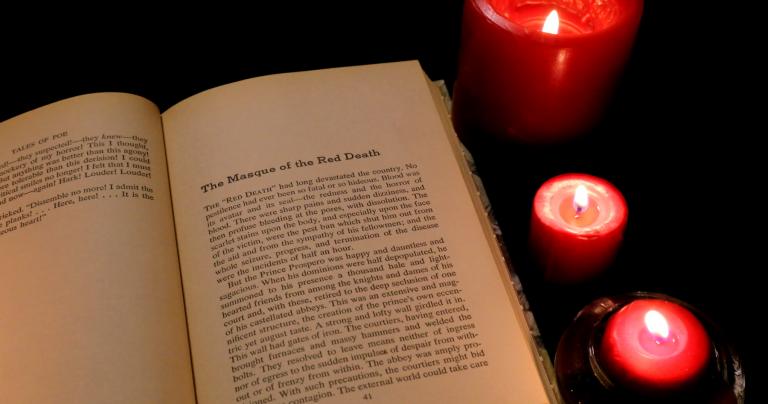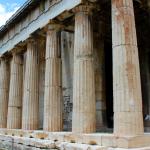There’s a very good and very scary essay going around titled “Survival of the richest: The wealthy are plotting to leave us behind.” It’s by Douglas Rushkoff, Professor of Media Theory and Digital Economics at City University of New York. Five super-wealthy investment bankers paid him “about half my annual professor’s salary” to talk about “the future of technology.”
The essay is not especially long – I encourage you to read the whole thing for yourself. Here’s a key excerpt:
Taking their cue from Elon Musk colonizing Mars, Peter Thiel reversing the aging process, or Sam Altman and Ray Kurzweil uploading their minds into supercomputers, they were preparing for a digital future that had a whole lot less to do with making the world a better place than it did with transcending the human condition altogether and insulating themselves from a very real and present danger of climate change, rising sea levels, mass migrations, global pandemics, nativist panic, and resource depletion.
For them, the future of technology is really about just one thing: escape.
On one hand, I get it. Escape is a very old, very primal human impulse. A million people left Ireland during the Great Famine – many of them ended up here. We have refugees seeking asylum at our borders because of violence and economic despair in their home countries. War has created millions of refugees in the Middle East. Some are displaced in their home country, while others are in Europe, or are trying to get there. When things become unbearable people do what they have to do.
The question of whether to go or stay is a difficult one. Oftentimes the individuals most likely to complete a long and arduous journey are the people who could do the most to improve the living conditions at home. The “best and brightest” leave – the old, the sick, and the very young are left to fend for themselves. But desperate people do desperate things, including escape.
Though there is no mention of it in “Survival of the Richest” it is hard to read it and not think of Trump’s wall and his goal to keep “those people” out of the United States. Isolationism is another very old human impulse, from Hadrian’s Wall to the Great Wall of China, medieval castles, and frontier forts. Defensive fortifications work well in the short term, but they’re susceptible to sieges, and eventually they all fail… if not from without, then from within. There are no self-sustaining closed systems in Nature, nor are there any in the human-built world.
In 1842 Edgar Allan Poe published “The Masque of the Red Death” – a short story about a wealthy prince who withdrew to his castle along with a thousand “hale and light-hearted friends” while a mysterious plague (the Red Death) ravaged his country.
The abbey was amply provisioned. With such precautions the courtiers might bid defiance to contagion. The external world could take care of itself. In the meantime it was folly to grieve or to think. The prince had provided all the appliances of pleasure.
Literary scholars disagree on Poe’s intended meaning. Some say it’s an allegory for the inevitability of death. Others assign psychological interpretations to the various rooms and colors of the castle. Still others say it’s simply a gothic horror story. I prefer a straightforward reading: in a time of great trouble, a wealthy noble tries to protect and amuse himself instead of caring for his people, and ends up dying of the Red Death like everyone else.
One by one dropped the revellers in the blood-bedewed halls of their revel, and died each in the despairing posture of his fall … and Darkness and Decay and the Red Death held illimitable dominion over all.
The ultra-rich who are seeking to escape the coming changes would do well to read Poe’s story, or perhaps watch the 1964 Roger Corman – Vincent Price film adaptation. They might decide to take a different approach.
Money always makes things easier, but there are limits. Summers are hot in Texas – all but the very poor have air conditioning. But when the temperature reached 111°F a couple weeks ago, my air conditioner couldn’t keep up. And when the power grid goes down because it’s overloaded and poorly maintained, nobody has air conditioning. This time, the grid mostly stayed up. If the climate continues to get hotter and we continue not investing in infrastructure (one of the campaign promises Trump has not kept), that’s going to change.
At any given moment there are almost 10,000 planes in the air, carrying people and cargo – and diseases – around the world. Major plagues like ebola have largely been controlled, so far. Meanwhile the flu kills a half million people every year. Viruses can mutate faster than we can create new vaccines and antibiotics – how long until the flu or something else mutates into our own version of the Red Death? When it does, rich and poor alike had better hope that whoever catches it can get prompt medical attention, instead of waiting till they’re almost dead because their health insurance has a $5000 deductible and spreading it further.
Every era has had their rich eccentrics – ours is no different. Elon Musk sending a Tesla into orbit strikes me as a gross waste of resources, but ultimately it’s irrelevant. But attempting to escape the Earth and mortality and the consequences of industrial society while leaving everyone else behind? Both myth and history say it’s not going to work.
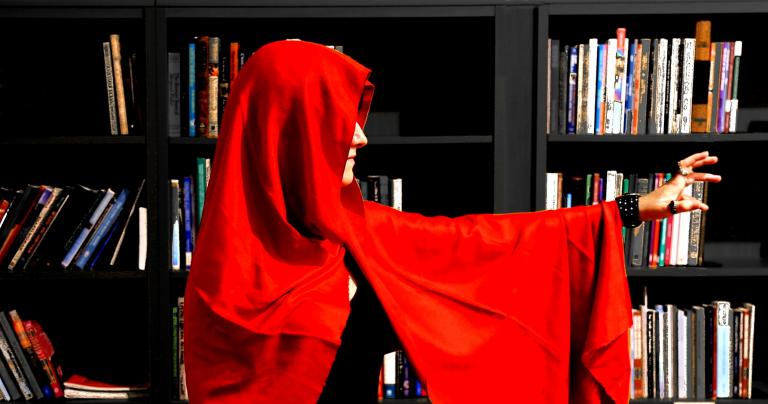
It need not be this way. It’s too late to prevent climate change, but it is not too late to mitigate its effects. We can’t put more oil in the ground, but we can figure out how to use less, and how to develop renewable sources. We can’t prevent diseases from mutating, but we can make sure everyone has access to adequate health care.
Natural disasters have a way of pulling people together across lines of race and class. In the moment, everybody’s just a human trying to get by. Trouble comes when some are doing well and others are still suffering.
I do not believe there will be an apocalypse. But clearly, some people with a lot more money and access to a lot more information than me think otherwise. They’re preparing – or trying to prepare – for something that requires more than a year’s worth of non-perishable food and a few guns. While I understand their desires to protect themselves and their families, it’s not going to work.
As Douglas Rushkoff said at the end of “Survival of the Richest”
Being human is not about individual survival or escape. It’s a team sport. Whatever future humans have, it will be together.
To which I would add “or not at all.”


